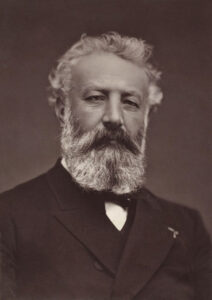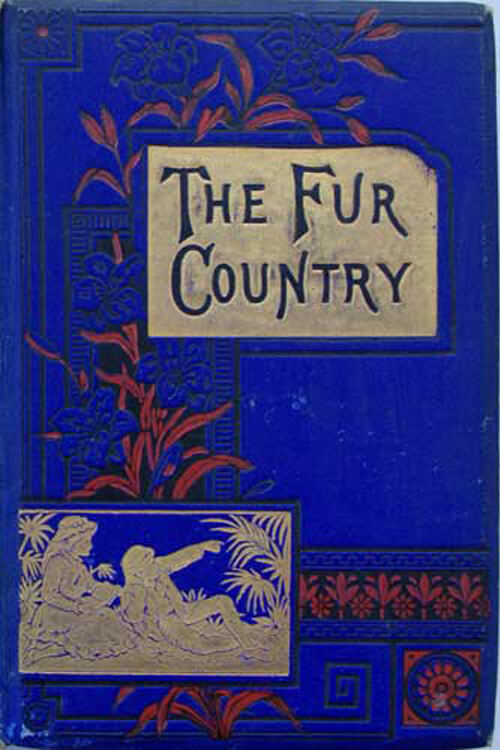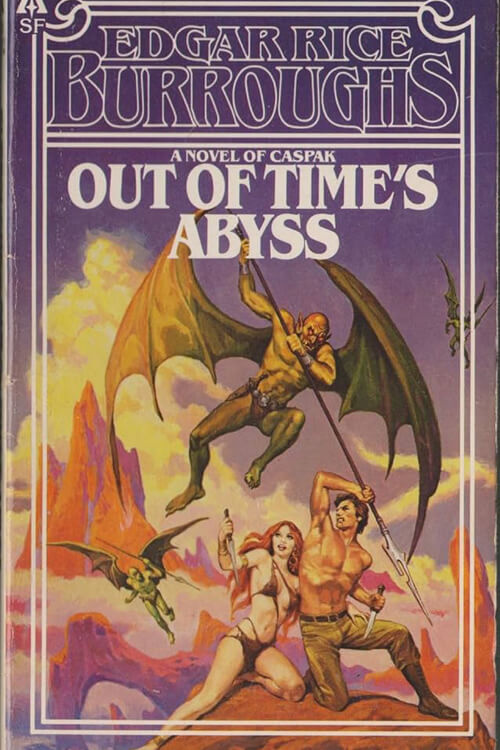
The Mysterious Island
During the American Civil War, five Northern prisoners of war escaped during the Siege of Richmond, Virginia, by hijacking a hydrogen-filled observation balloon. The escapees are Cyrus Smith, a railroad engineer in the Union army (named Cyrus Harding in Kingston’s version); his ex-slave and loyal follower Neb (short for Nebuchadnezzar); Bonadventure Pencroff, a sailor (who is addressed only by his surname; in Kingston’s translation, he is named Pencroft); his protégé and adopted son Harbert Brown (called Herbert in some translations); and the journalist Gedéon Spilett (Gideon Spilett in English versions).
The company is completed by Cyrus’s dog “Top”. After flying in a great storm for several days, the group crash-lands on a cliff-bound, volcanic, unknown island, described as being located at 34°57′S 150°30′W (Southern Pacific Ocean/Asian: Oceanian side), about 2,500 kilometres (1,600 mi) east of New Zealand. They named it “Lincoln Island” in honour of Abraham Lincoln. With the knowledge of the brilliant engineer Smith, the five can sustain themselves on the island, producing fire, pottery, bricks, nitroglycerin, iron, an electric telegraph, a cave home inside a stony cliff called “Granite House”, and even a seaworthy ship, which they name the “Bonadventure”.
Read or download Book
Jules Verne
Jules Gabriel Verne 8 February 1828 – 2 4 March 1905 was a French novelist, poet, and playwright.
Biography
His collaboration with the publisher Pierre-Jules Hetzel led to the creation of the Voyages Extraordinaires, a series of bestselling adventure novels including Journey to the Center of the Earth (1864), Twenty Thousand Leagues Under the Seas (1870), and Around the World in Eighty Days (1872). His novels, always well documented, are generally set in the second half of the 19th century, considering the technological advances of the time. In addition to his novels, he wrote numerous plays, short stories, autobiographical accounts, poetry, songs, and scientific, artistic, and literary studies.
His work has been adapted for film and television since the beginning of cinema and for comic books, theatre, opera, music, and video games. Verne is considered an essential author in France and most of Europe, where he has greatly influenced the literary avant-garde and surrealism. His reputation was markedly different in the Anglosphere, where he had often been labelled a writer of genre fiction or children’s books, mainly because of the highly abridged and altered translations in which his novels usually were printed. Since the 1980s, his literary reputation has improved.
Since 1979, Jules Verne has been the second most translated author in the world, ranking below Agatha Christie and above William Shakespeare. He has sometimes been called the “father of science fiction,” a title that has also been given to H. G. Wells and Hugo Gernsback. In the 2010s, he was the most translated French author in the world. In France, 2005 was declared “Jules Verne Year” on the occasion of the centenary of the writer’s death.






